My youngest child asks a lot of questions, and most recently, he stumped me with, “If they are made of beef, why are burgers called hamburgers? Why not beef burgers?”
Good question, my boy. And here’s the not so straightforward answer.
Hamburgers have been around for just over 100 years, but it’s hard to pin down their origin. According to several websites, including the educational site Wonderopolis, hamburgers probably got their name from “Hamburg Steak.” In the late 1700s, German sailors traveling from Hamburg, Germany to New York took slabs of hard, salted minced beef with them for the journey. This beef, which the sailors called “Hamburg steak”, was made for longevity, not flavor, and was a far cry from the modern burger. Historians have traced other origins for the tasty treat we enjoy today.

The Library of Congress credits Louis Lassen of New Haven, Connecticut for creating the hamburger. Lassen ran “Louis’s Lunch” eatery, and sometime around 1900, he created a quick, delicious meal for his customers by broiling beef meant for steak sandwiches and putting it between two slices of bread.
Texas historians claim Fletcher Davis of Athens, Texas started selling burgers at his cafe in the late 1800s. He took his sandwich to the 1904 World’s Fair in St. Louis, MO, where it was a big success.
Seymore, Wisconsin is home of the Hamburger Hall of Fame, and it hails its own Charles Nagreen as the inventor of the burger. In the late 1800s, Nagreen put his famous meatballs between two slices of bread to make his food more portable for customers.
Historians give credit to fry cook Walter Anderson for creating the hamburger bun in 1916. He would go on to found the White Castle hamburger chain in 1921.
Other interesting tid bits? Hamburgers became extremely popular after WWII when more and more Americans owned cars. The average hamburger has grown by 23% over the past 30 years. That’s an extra 97 calories per burger- yikes! – especially since Americans eat 50 billion burgers a year (that’s three burgers per week).
If you want to learn more about burgers or their origin, visit
What other food items have curious names?
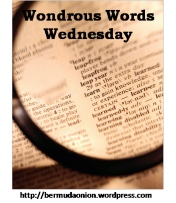
If you like to learn about words and their origins, visit Kathy at Bermuda Onion for Wondrous Words Wednesday.
Thanks for getting nerdy with me!



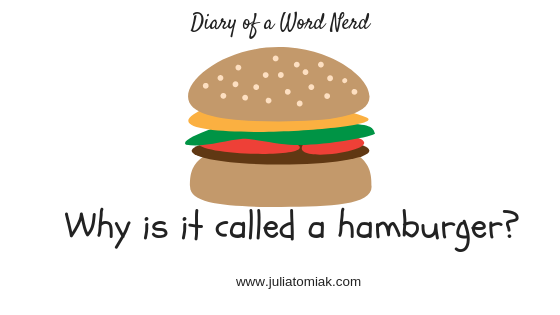
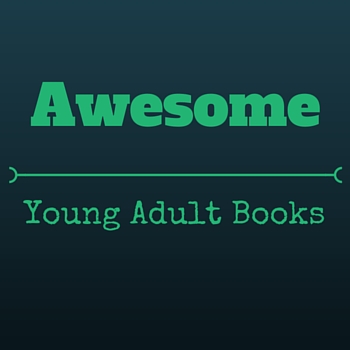
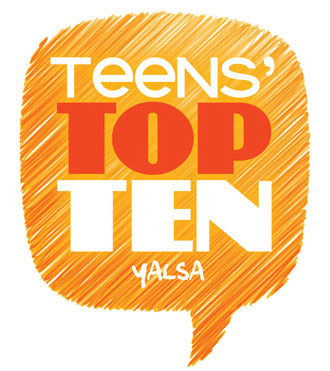 I’m no longer a teen, so I can’t vote in
I’m no longer a teen, so I can’t vote in 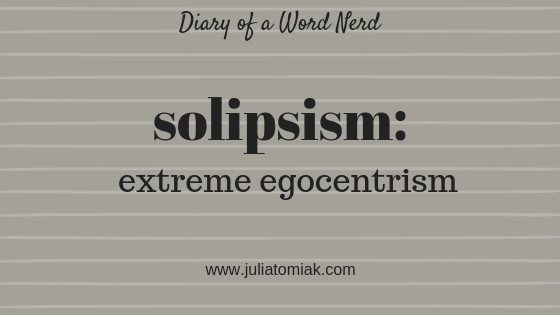
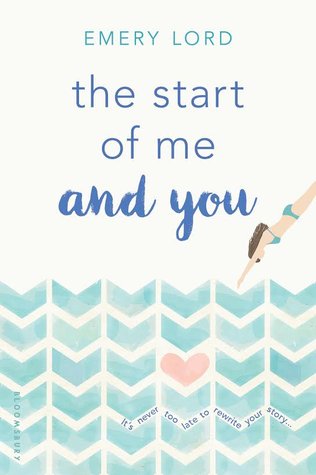
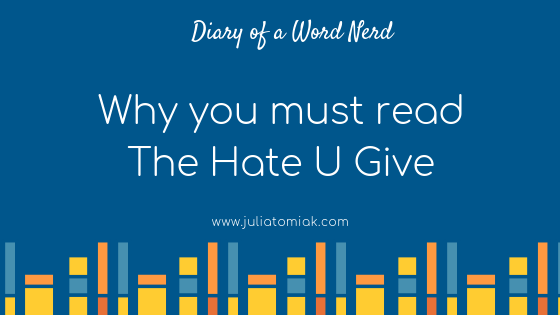
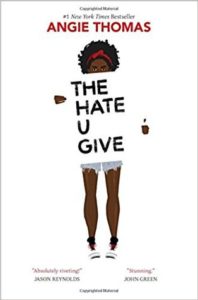
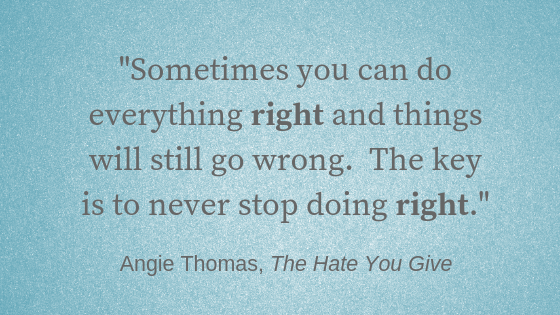
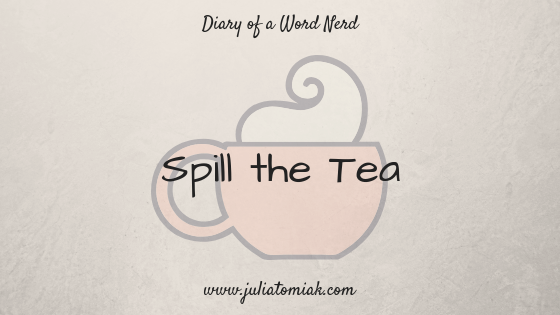

 The Post stars Meryl Streep as Katherine Graham, newly appointed publisher of The Washington Post, and Tom Hanks as her tenacious editor, Ben Bradlee. The year is 1971, and President Nixon has prohibited The New York Times from publishing The Pentagon Papers, documents that demonstrated that the U.S. government lied to the American public about The Vietnam War for decades. Nixon claims he’s protecting national security; journalists across the country believe he is attempting legalized censorship.
The Post stars Meryl Streep as Katherine Graham, newly appointed publisher of The Washington Post, and Tom Hanks as her tenacious editor, Ben Bradlee. The year is 1971, and President Nixon has prohibited The New York Times from publishing The Pentagon Papers, documents that demonstrated that the U.S. government lied to the American public about The Vietnam War for decades. Nixon claims he’s protecting national security; journalists across the country believe he is attempting legalized censorship.